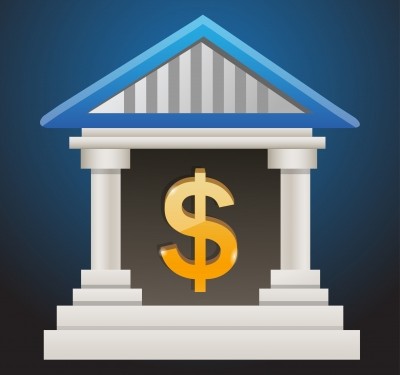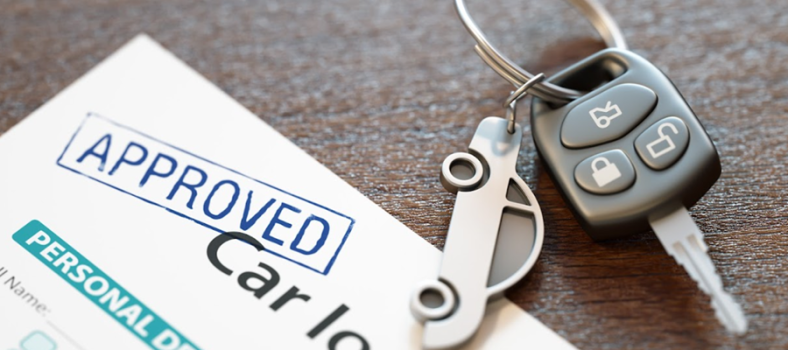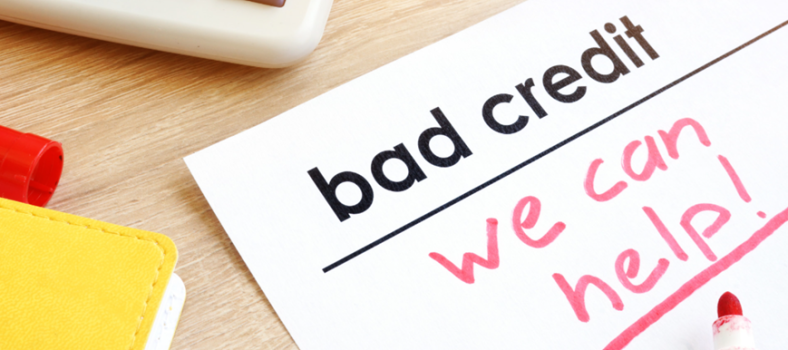How To Choose The Best Bank Account
There are several typical bank accounts you can open. They each have unique features and offer different types of deductions.
Lending institutes never make things easy as they always have a great catchy head line to sell their product, followed by lots of fine print which always have less than attractive terms.
Simple banking is never a easy task for the average Joe.
1.Transaction Accounts: In other parts of the world, these types of accounts are also called checking accounts. This type of account is usually associated with everyday bills and expenses. Most people have their pay cheques deposited into this type of account. Many banks charge fees on these accounts, including fees to use ATMs and overdraft fees. Transaction accounts are the most popular types of accounts. They are associated with paper cheques and electronic transfer of funds (debit cards).
2.Savings Accounts: These accounts are interest bearing, or earn money on the amount of money that is in the bank. The amount of interest is set at a certain percentage and some banks require a minimum amount in the account before paying any interest. However, many banks have withdrawal limits on their accounts and the accounts are not as flexible as transaction accounts.
3.Term Deposit Accounts: This type of account requires a certain amount to be held in the bank for a specified period of time. After the allotted time, interest, which is a set percentage, will be paid into the account. The catch is that no withdrawals can be made during “the term”.
4.C.D.s or Certificate of Deposit: This is a unique type of account that allows a pre-determined amount of money to be placed into an account with no expectation of withdrawing the money soon. CDs are set for an agreed amount of time between the bank and the customer. After the time expires the bank pays a higher amount of interest to the customer. Usually, if a customer withdraws funds from a CD prior to the end of the agreed time, there is a penalty.
Deciding on the type of account to open is an individual choice and dependent upon what you want to accomplish. Keep in mind that depending on the account, if you have to withdraw the money early there may be a penalty. Treat your accounts like a loan and read the fine print and always ask lots of questions.
You should always be comfortable with the amount of fees imposed on an account, including fees for overdrawing your account (withdrawing more money than you have on deposit in the account) because these fees can be quite costly.
Some deductions that customers should look for include any fees that may be associated with an account for using an ATM to withdraw money. Be aware of the percentage rate that should be paid at the end of a term deposit. Check out whether the rate being paid is fixed or variable.
One feature of many accounts is there is monthly fee if you make more withdrawals than the agreed upon number. However, this fee can be waived if there is a minimum amount retained in the account.
Whatever account you choose, make sure you are aware of all fees or interest amounts associated with the account. These vary by bank so shop around for the best deal.
Image courtesy of ammer / FreeDigitalPhotos.net






No Comment